Do you have a dog, cat or horse with allergies?
There are more and more animals suffering from allergies. Some causes include environmental substances, grass pollen, mold, dust mites, chemicals, cigarette smoke, medicines and more. Food can be another allergen and accounts for 10% of all canine allergic reactions. Specific proteins, grains, additives, and other ingredients account for even more allergy issues.
These allergens are real troublemakers. A perfectly content animal can become itchy, inflamed, have an upset stomach, irregular bowel movements or a host of other issues in no time when an allergen is encountered. Unfortunately, just like humans, a good percentage of animals develop some sort of allergy, this can become a mind field trying to find the underlying cause of what your pet are allergic to and very costly visits to the vets. Many experts believe up to 20% of all dogs will develop allergies over their lifetime and the typical time of onset is between 1 and 2 years. Itching, licking, biting, rubbing, chewing, and gnawing normally cause secondary infection if they keep scratching and biting the same area.
One drug for itchy dogs that have normally been dispensed increasingly frequently in the last few years, on the basis that it was thought to be a safer alternative to steroids is Apoquel. The problem as we see it is that any medication designed to suppress the body’s natural, inflammatory pathways must also limit the immune system’s ability to fight off pathogenic organisms and protect against cancer to a greater or lesser degree. And so, we have always advised caution with regards to using any of these drugs preferring instead to help pet owners find natural solutions for easing skin problems and supporting the development of a more balanced, less reactive immune system over time.
Key points to note.
Labelling now states that Apoquel modulates the immune system. New neoplastic (cancerous) conditions have been observed, these include skin masses including warts and histiocytomas, lymphoma, and other tumours.
Apoquel may increase the risk of infections.
Side effects which have been previously reported include vomiting, lethargy, anorexia, diarrhoea, elevated liver, enzymes, dermatitis, seizures, polydipsia and demodicosis
So, what if I told you JP Holistic Nutrition could test your dog with Bioresonance allergy testing using a small hair sample that you post to our laboratory. It is a non-invasive therapy that uses a device that captures and identifies electromagnetic signals coming from the body. It was developed in the 1970s by a team of medical doctors and biophysicists and these devices are in regular use throughout Europe and the world. Bioresonance therapy we can get to the root of the problem and test your pet and see what your pet is allergic to.
For more info on JP Holistic Nutrition Bioresonance therapy.
Dr Paul Boland BVSc MRCVS
JP Holistic Nutrition





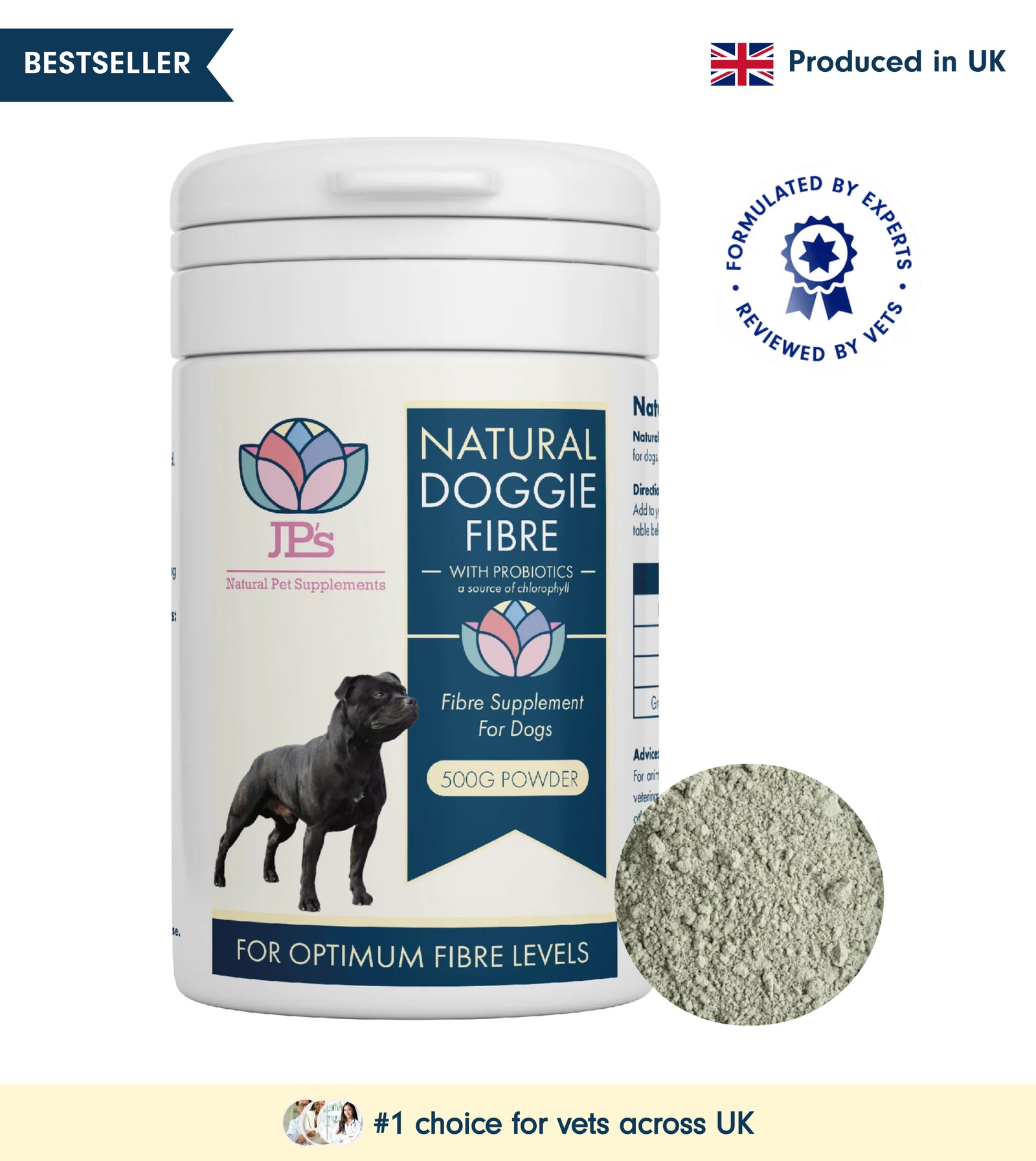
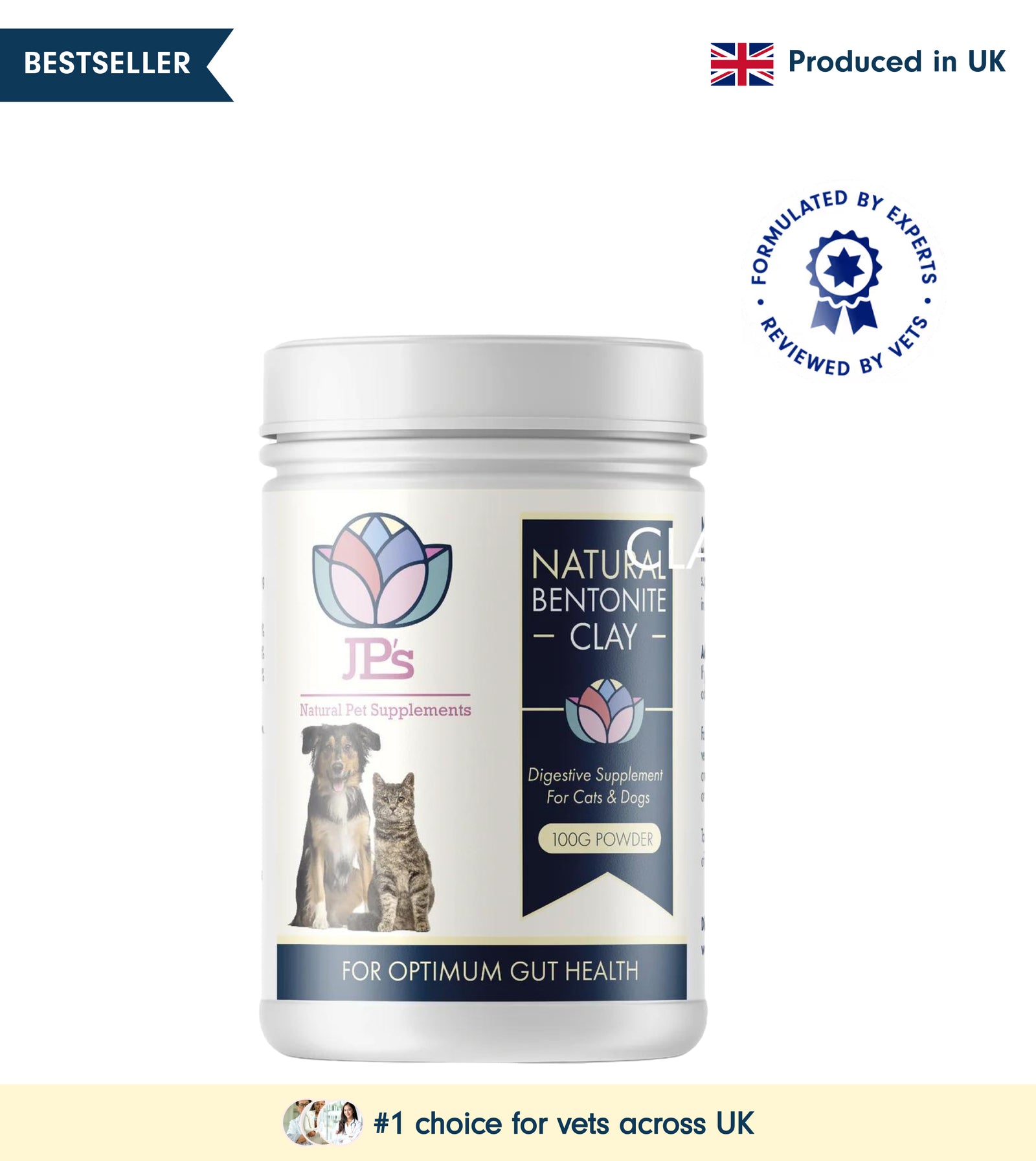
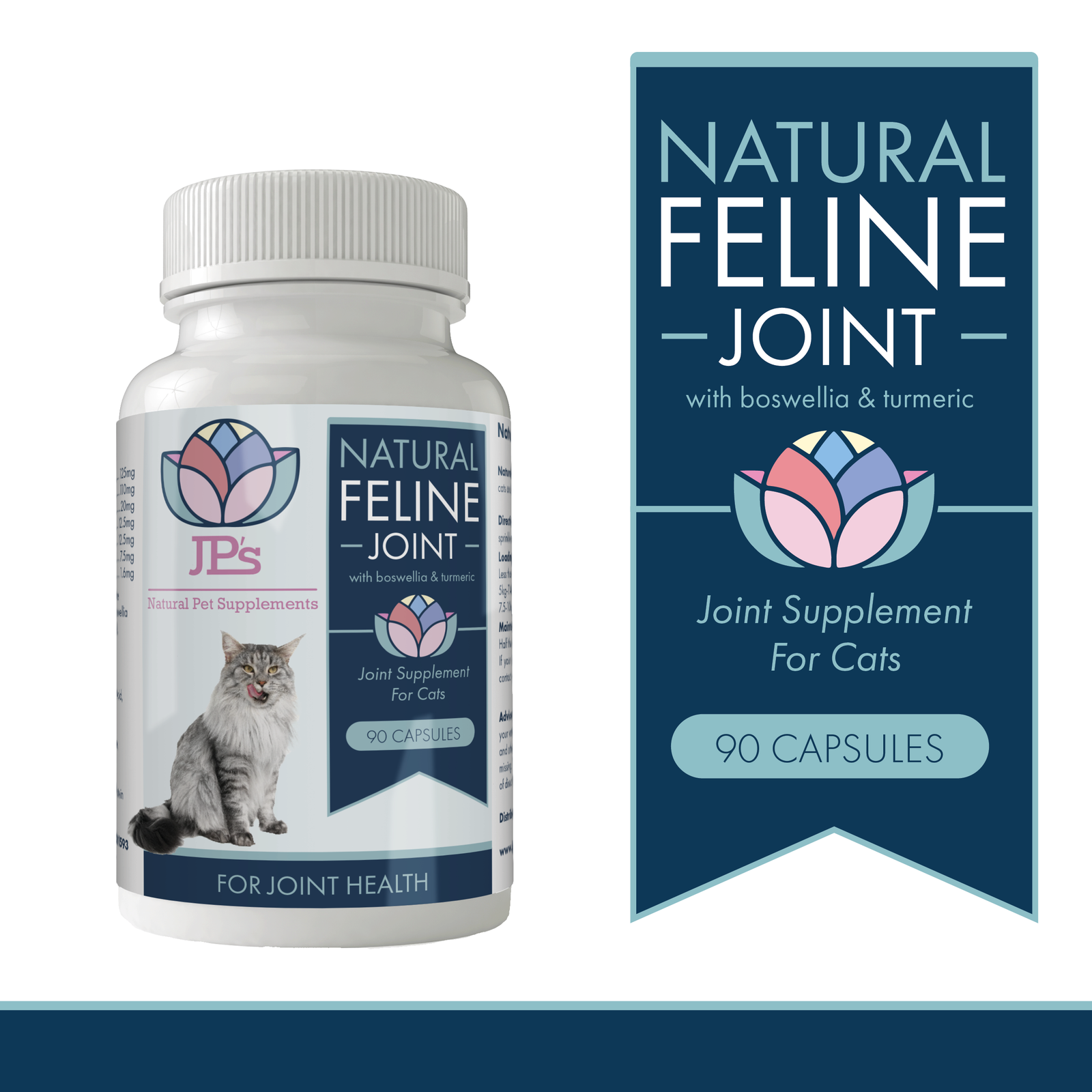
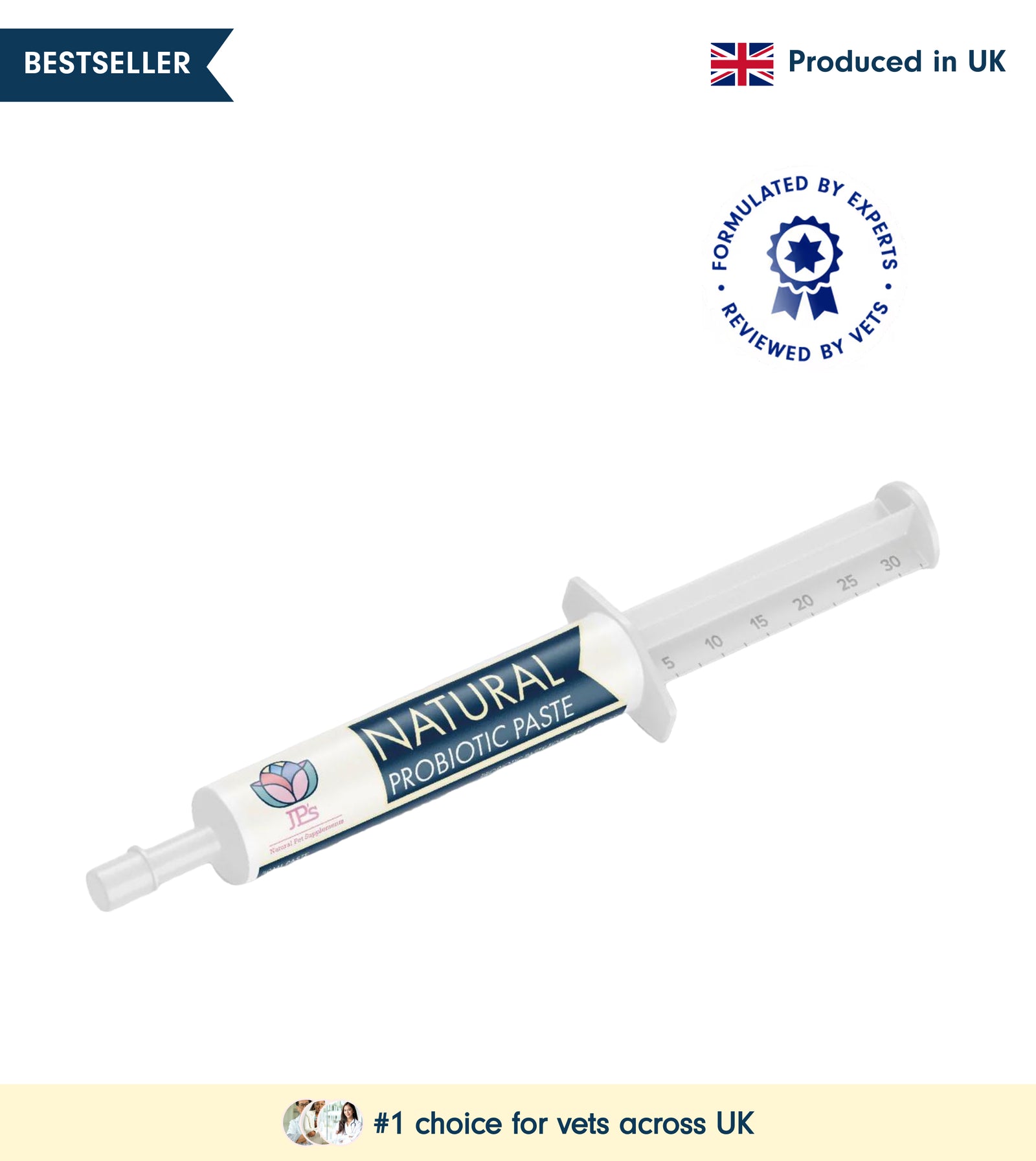
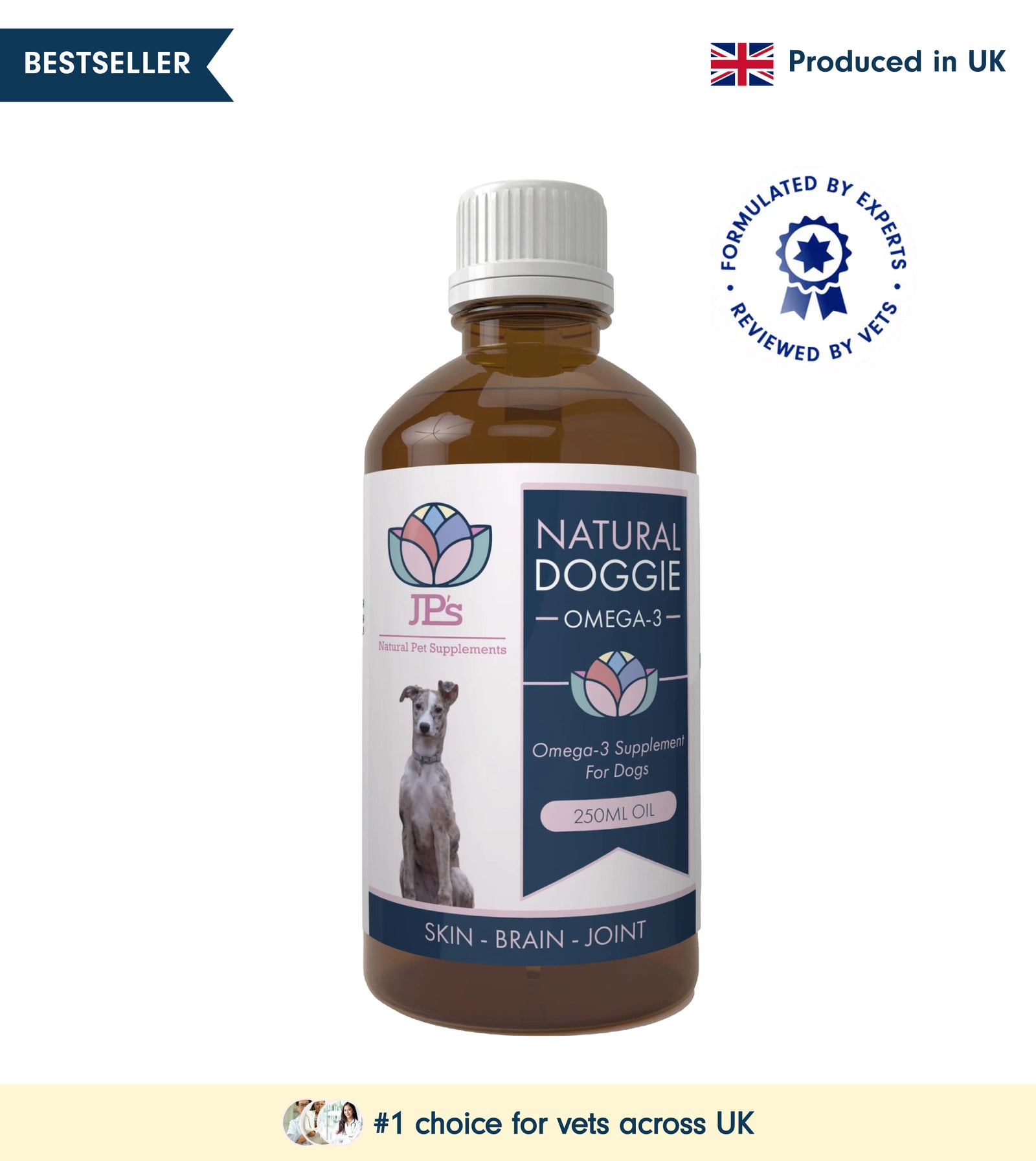
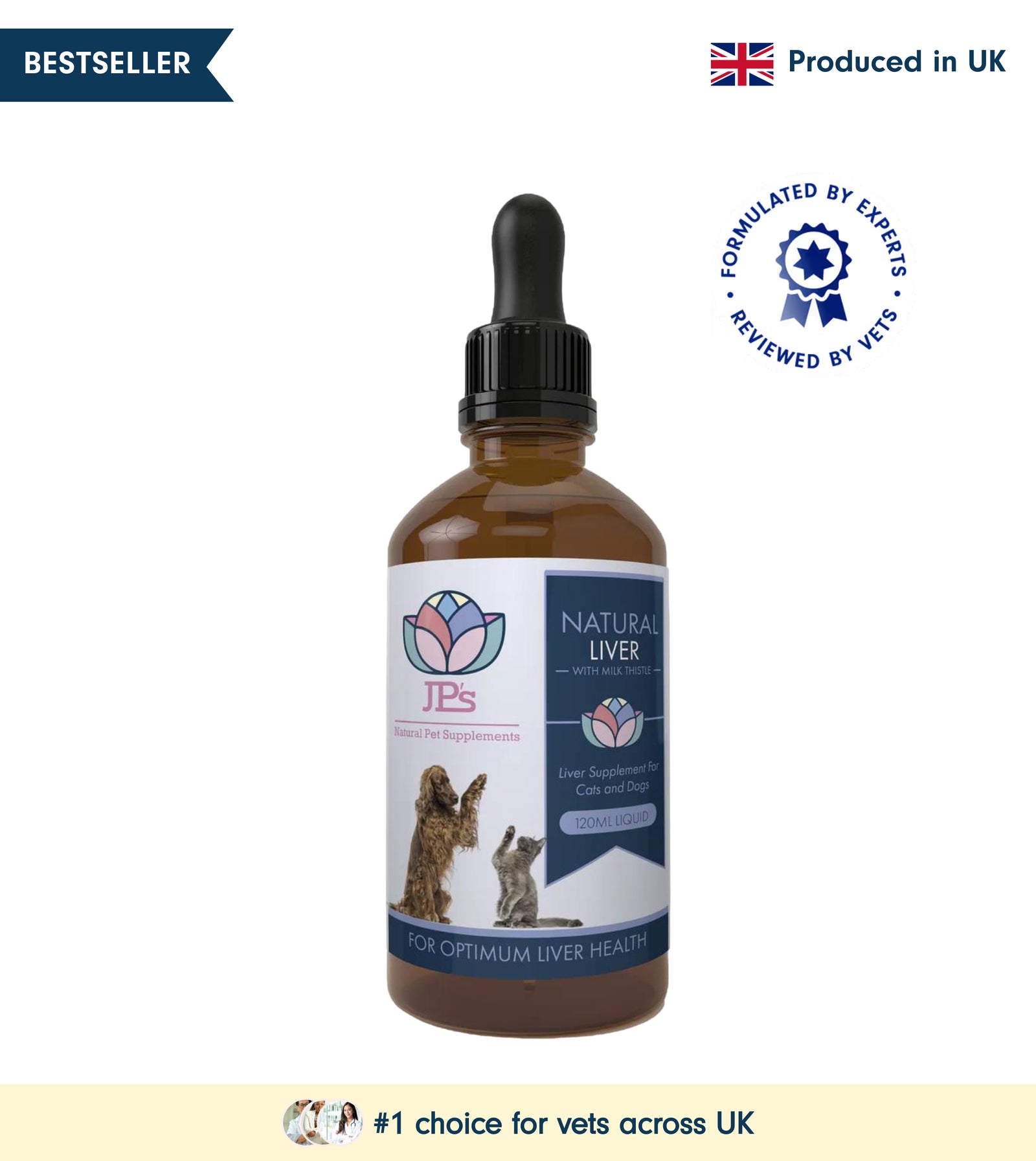



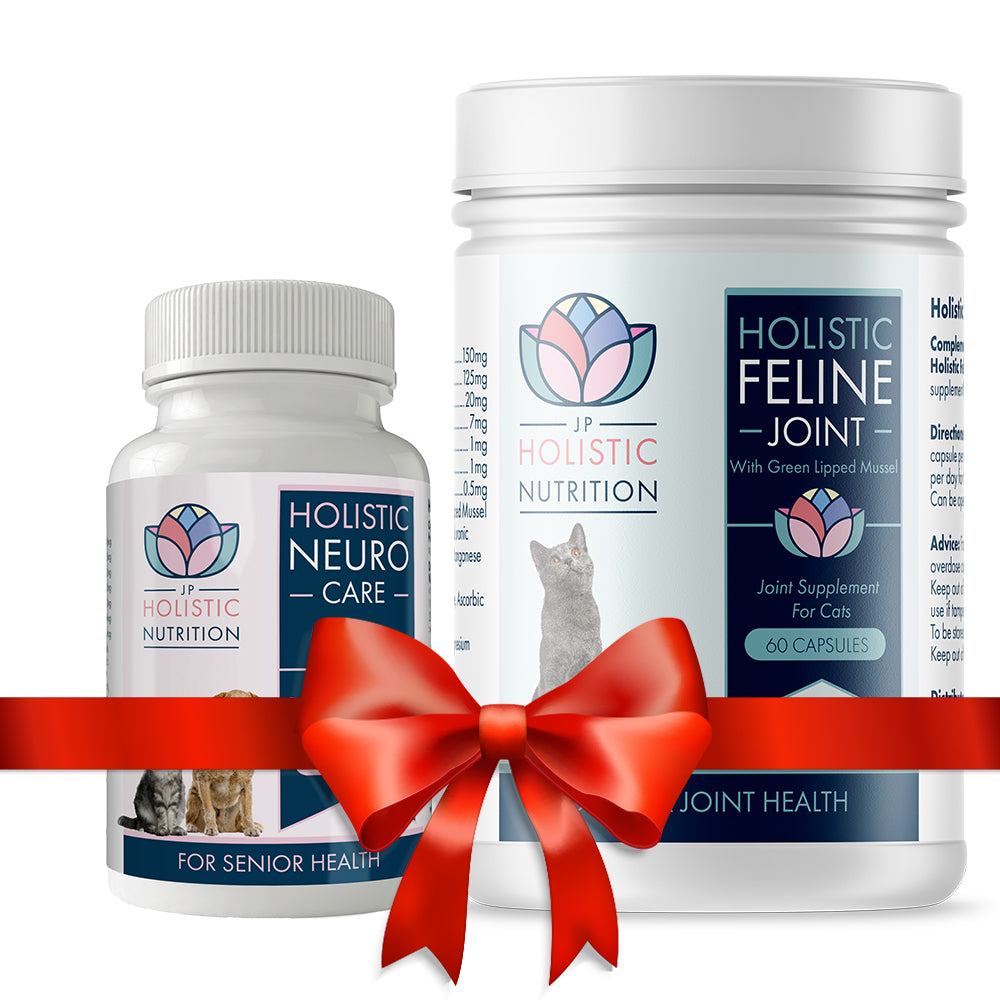




Leave a comment (all fields required)